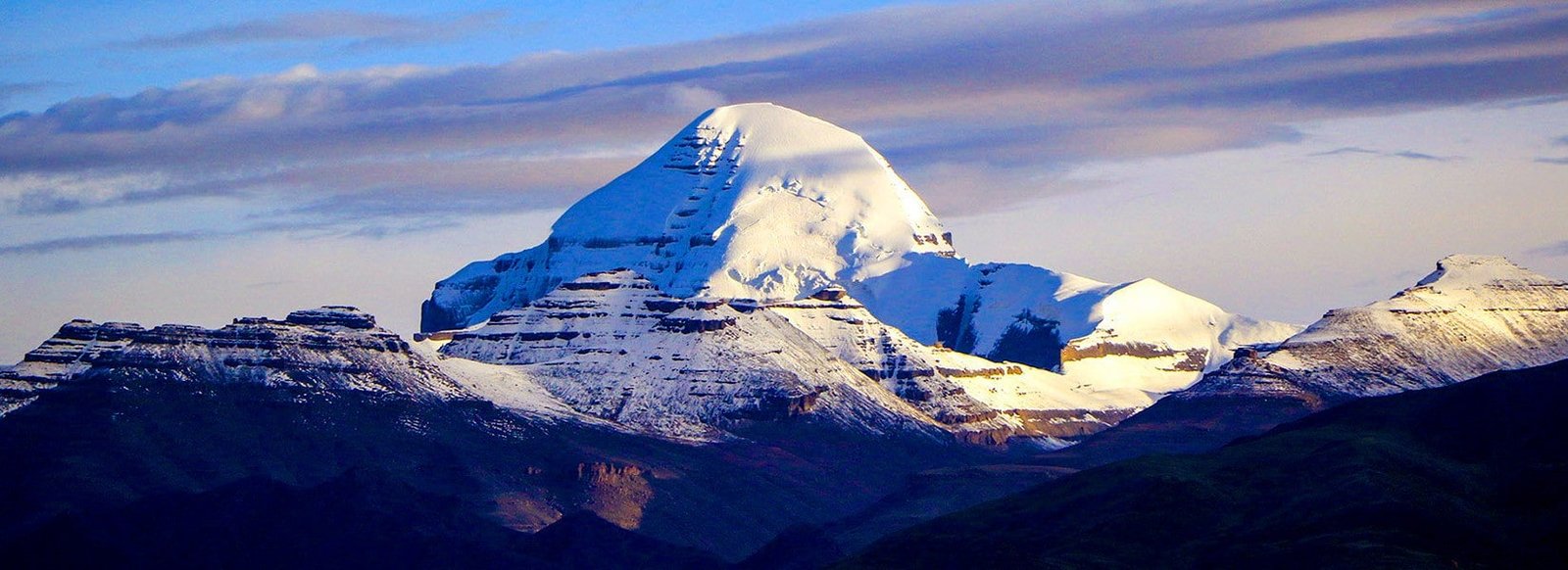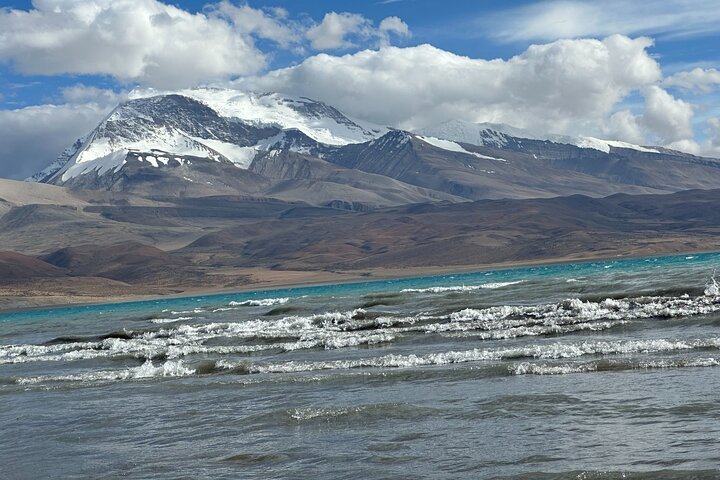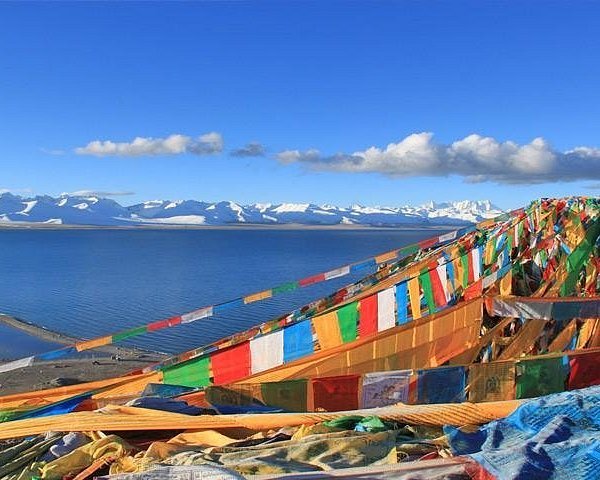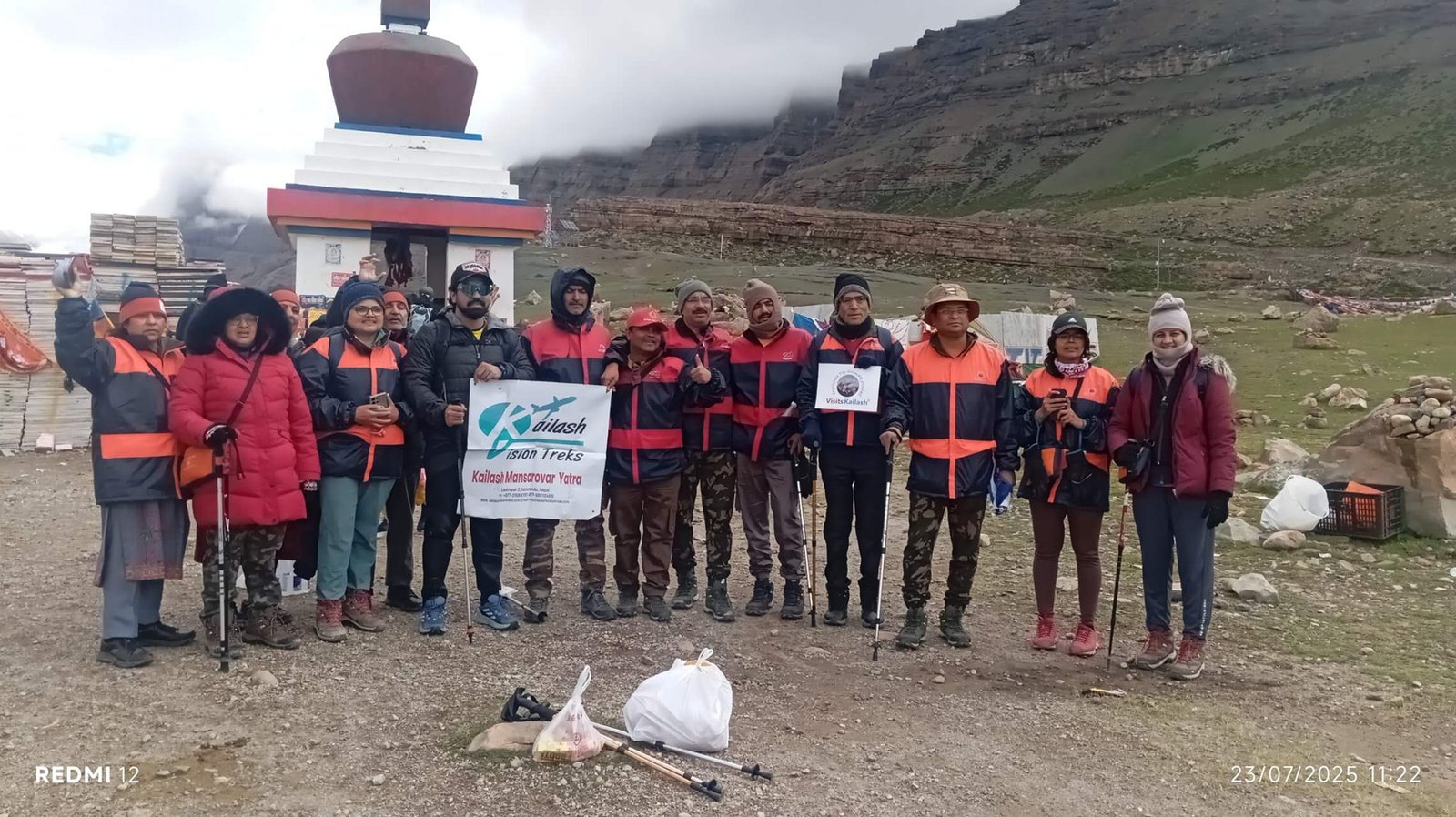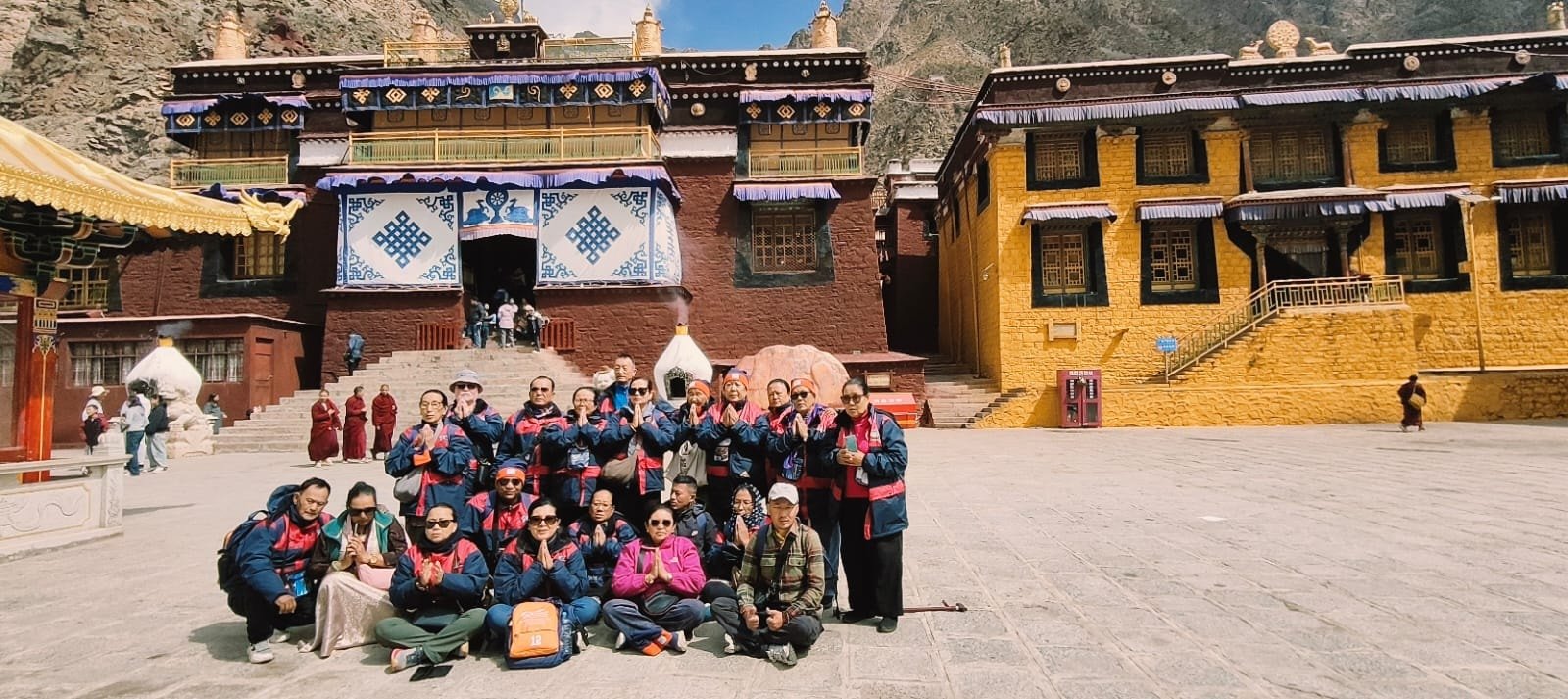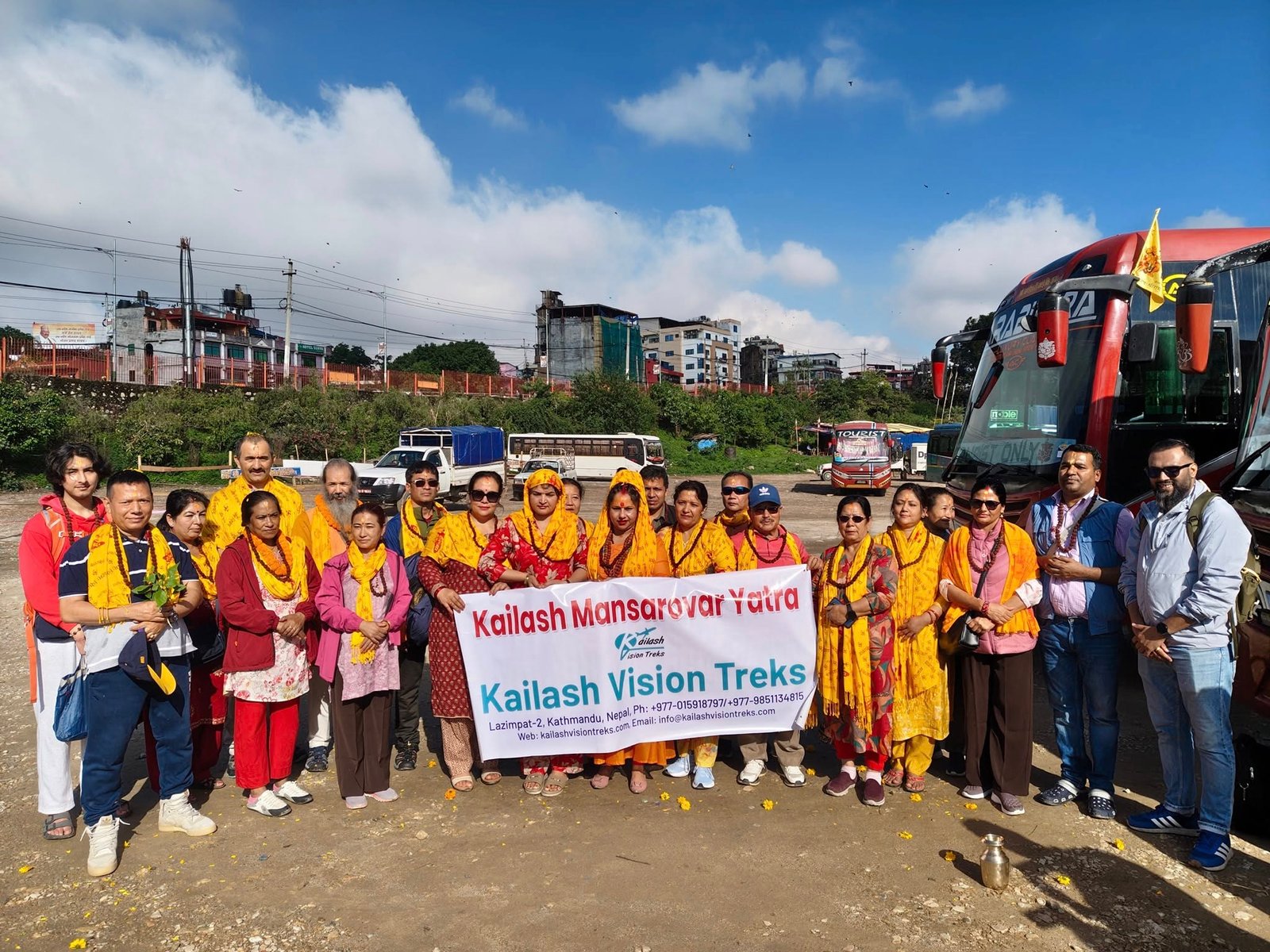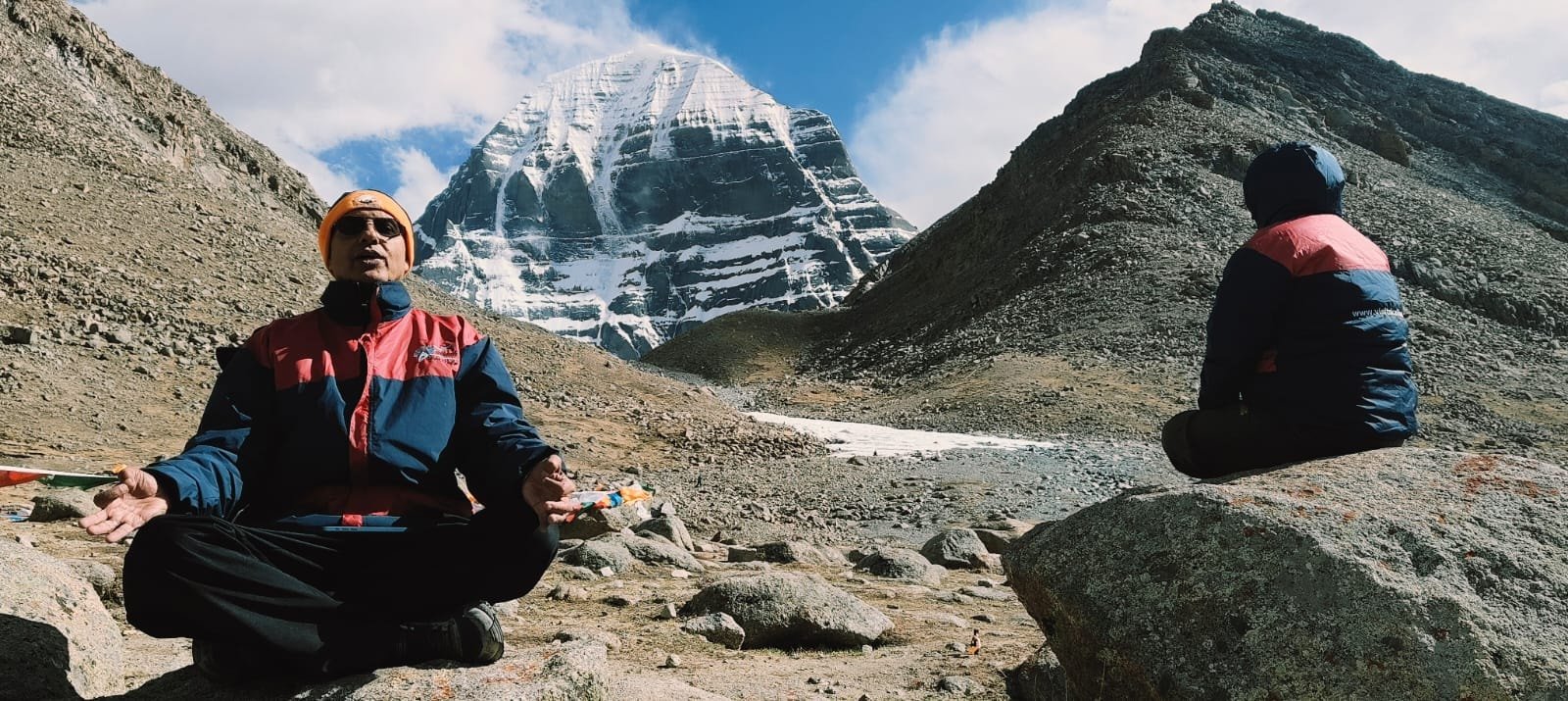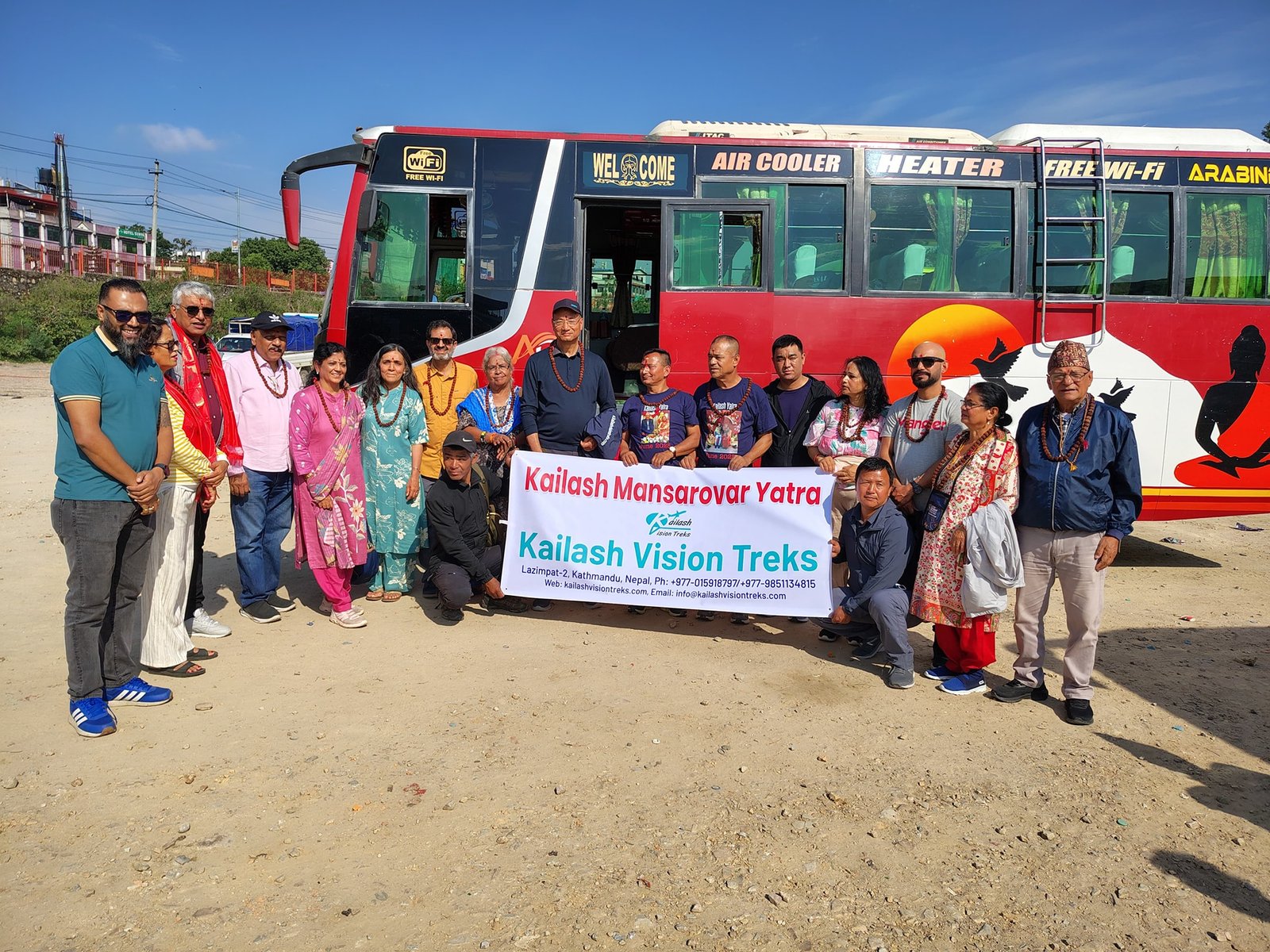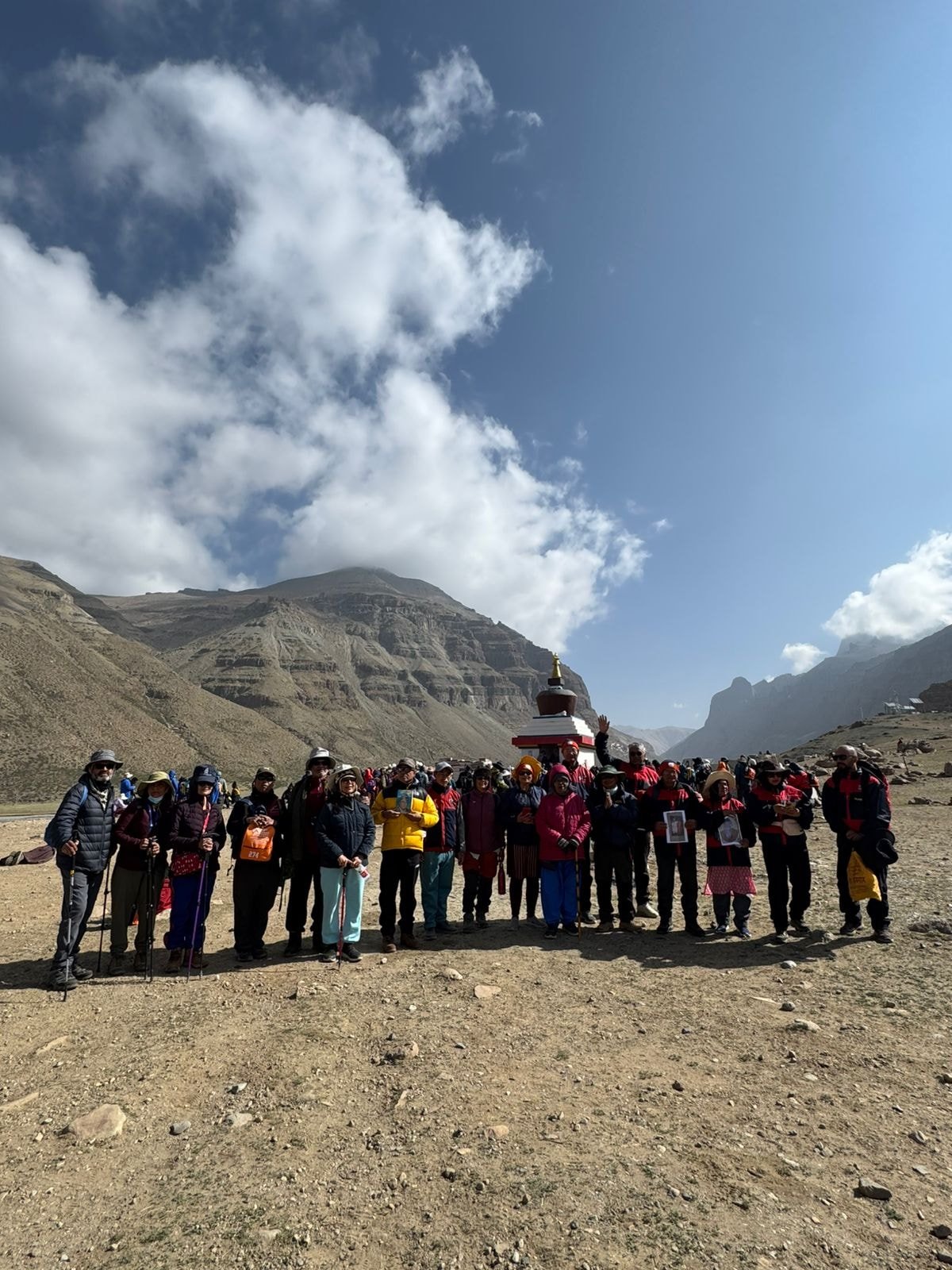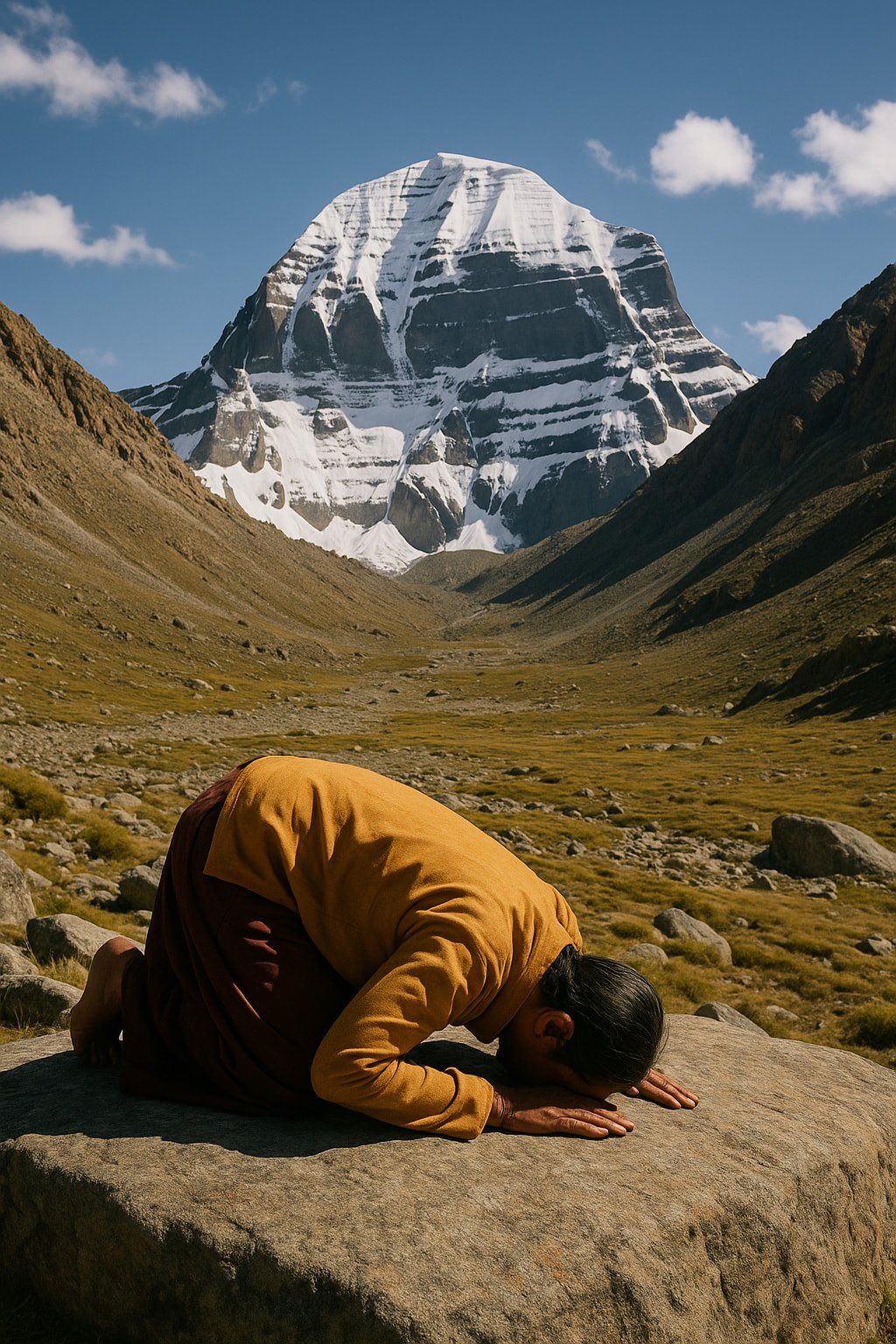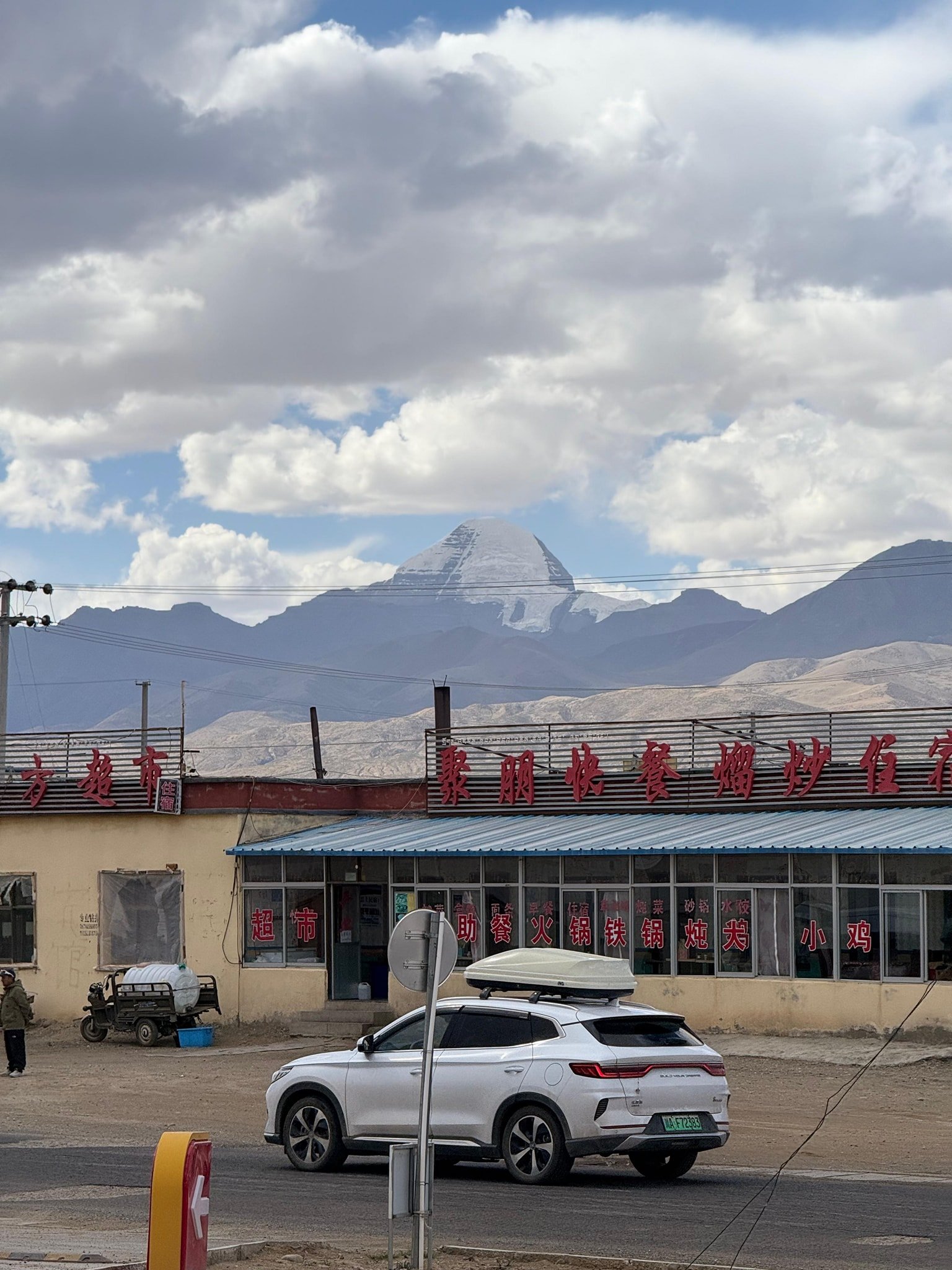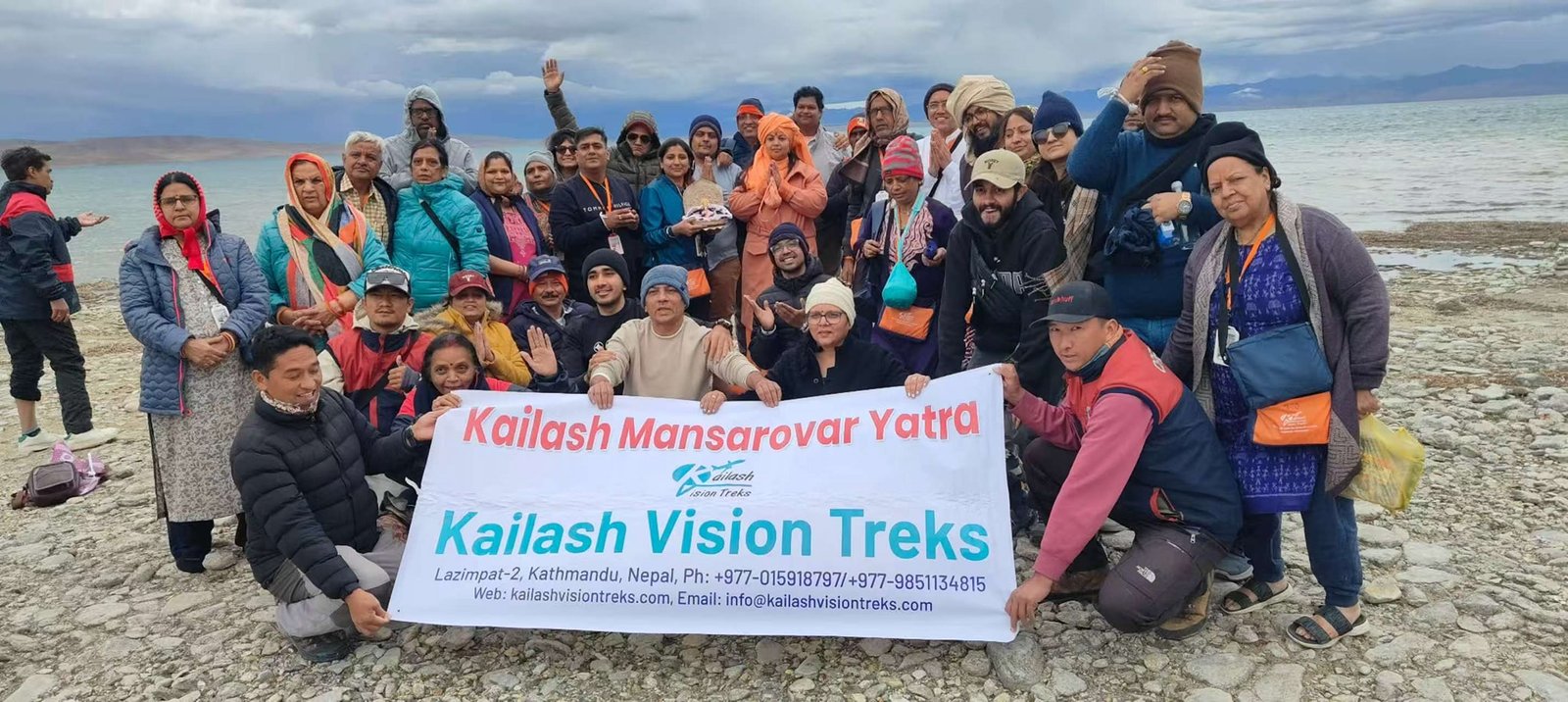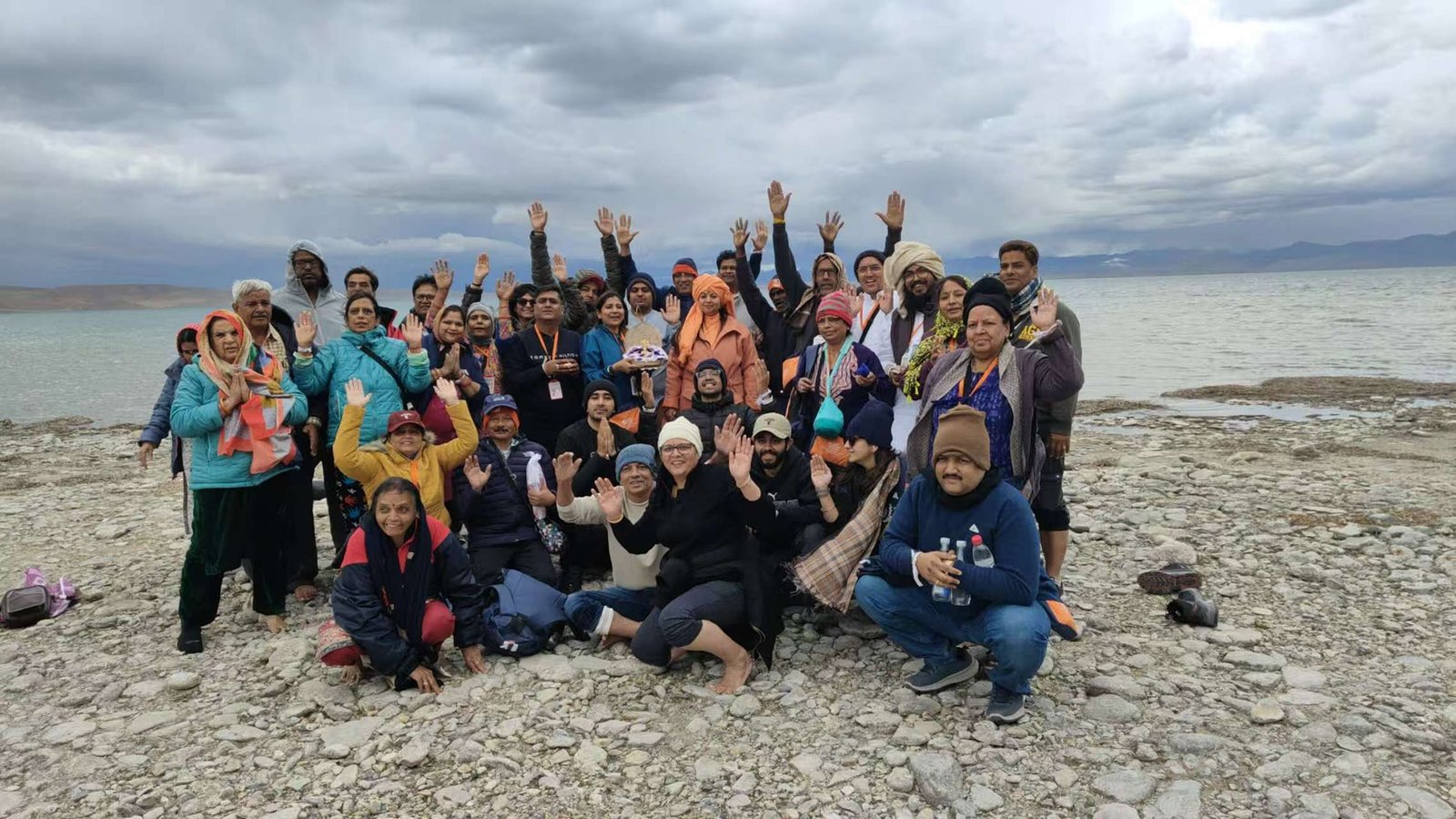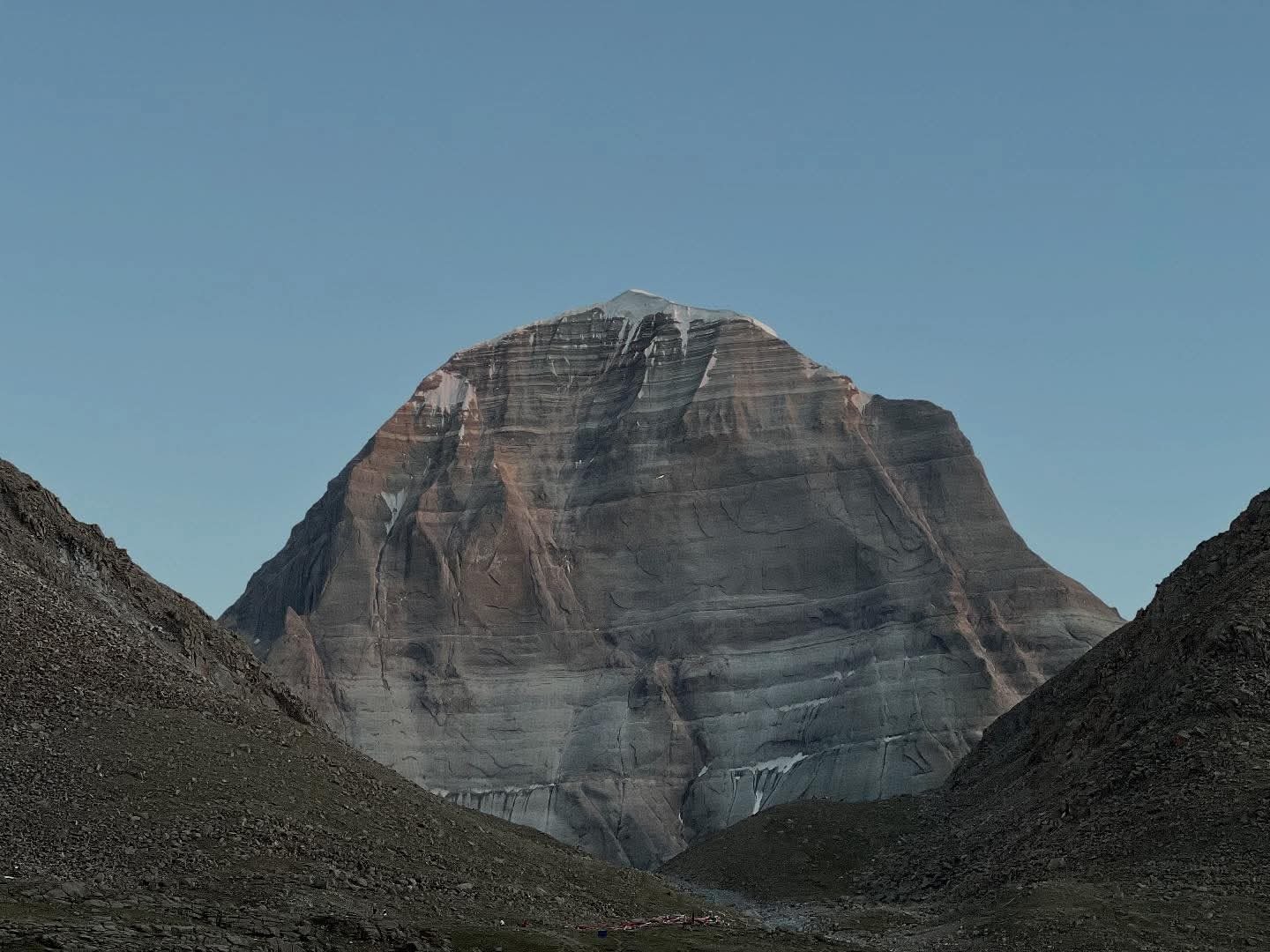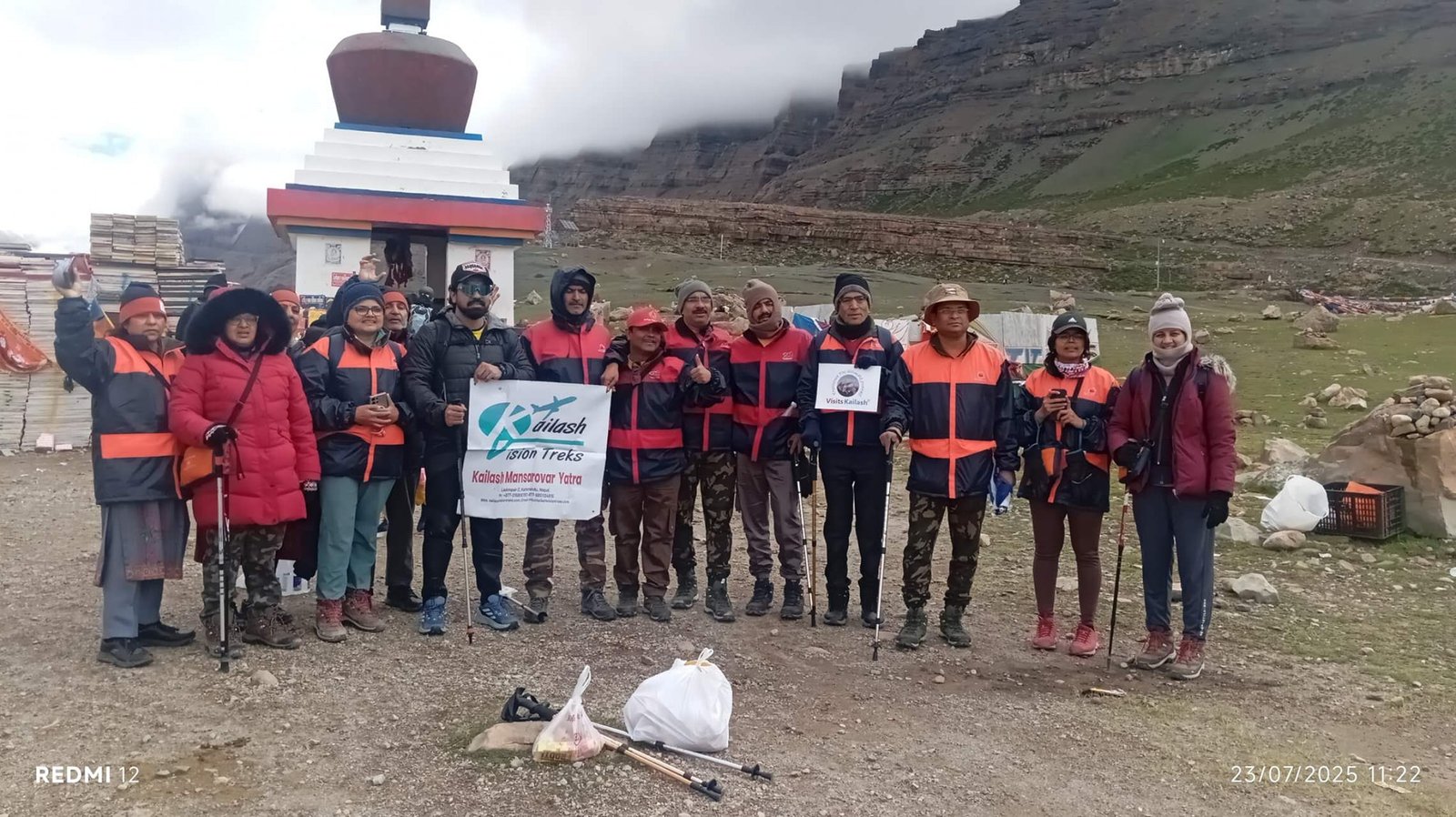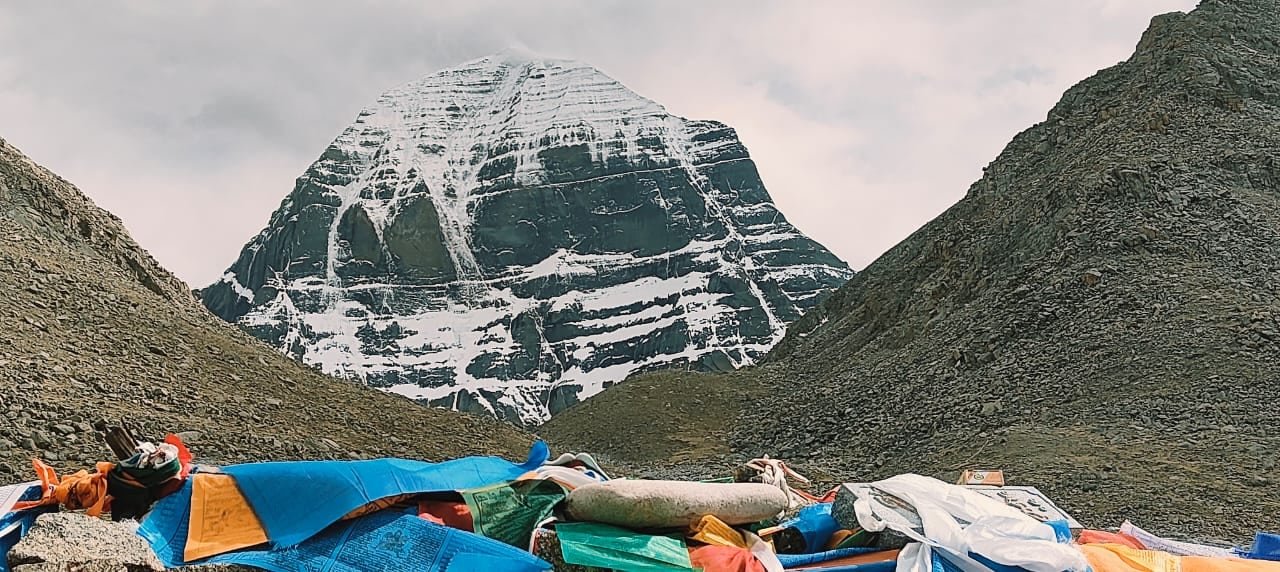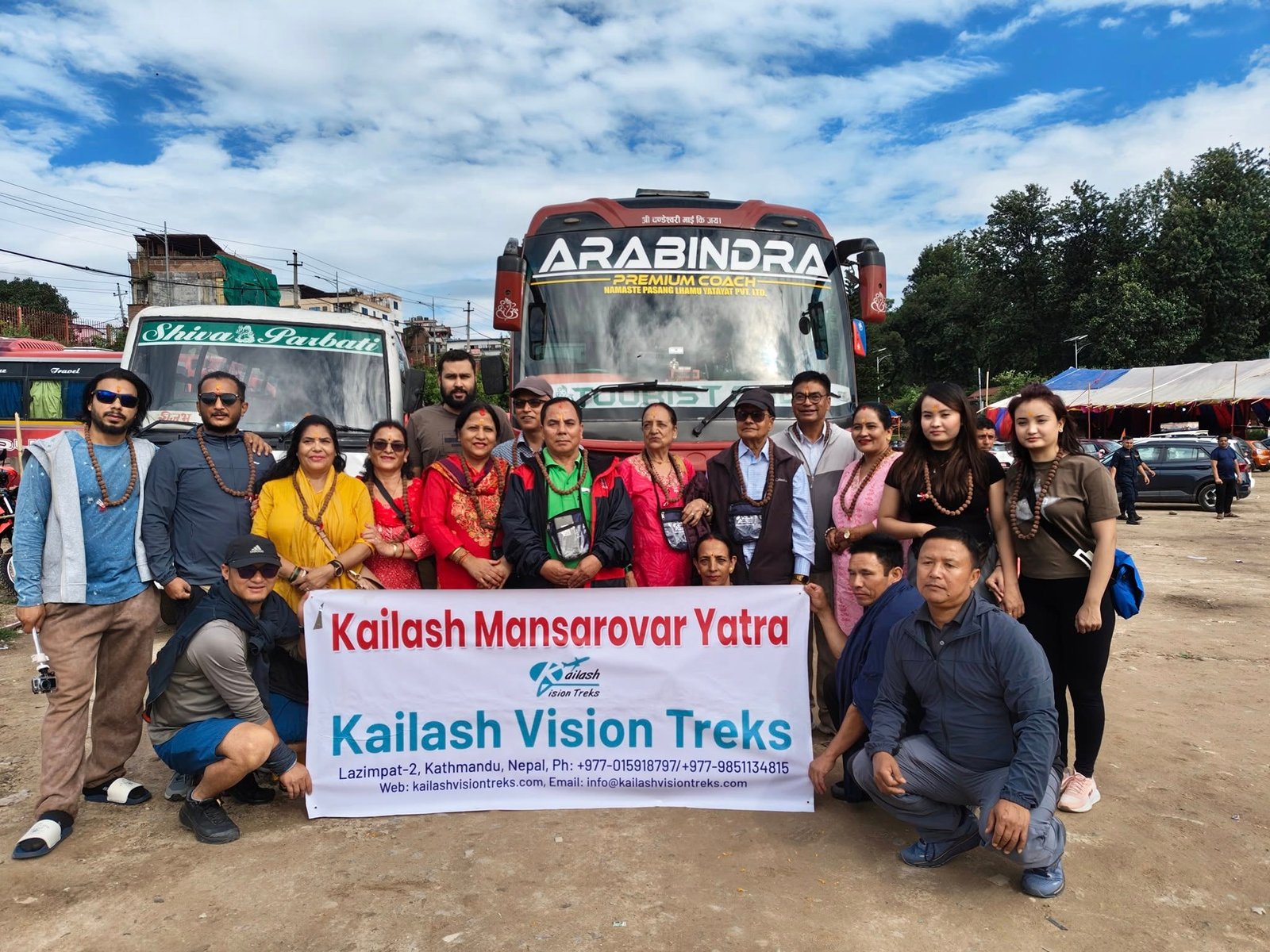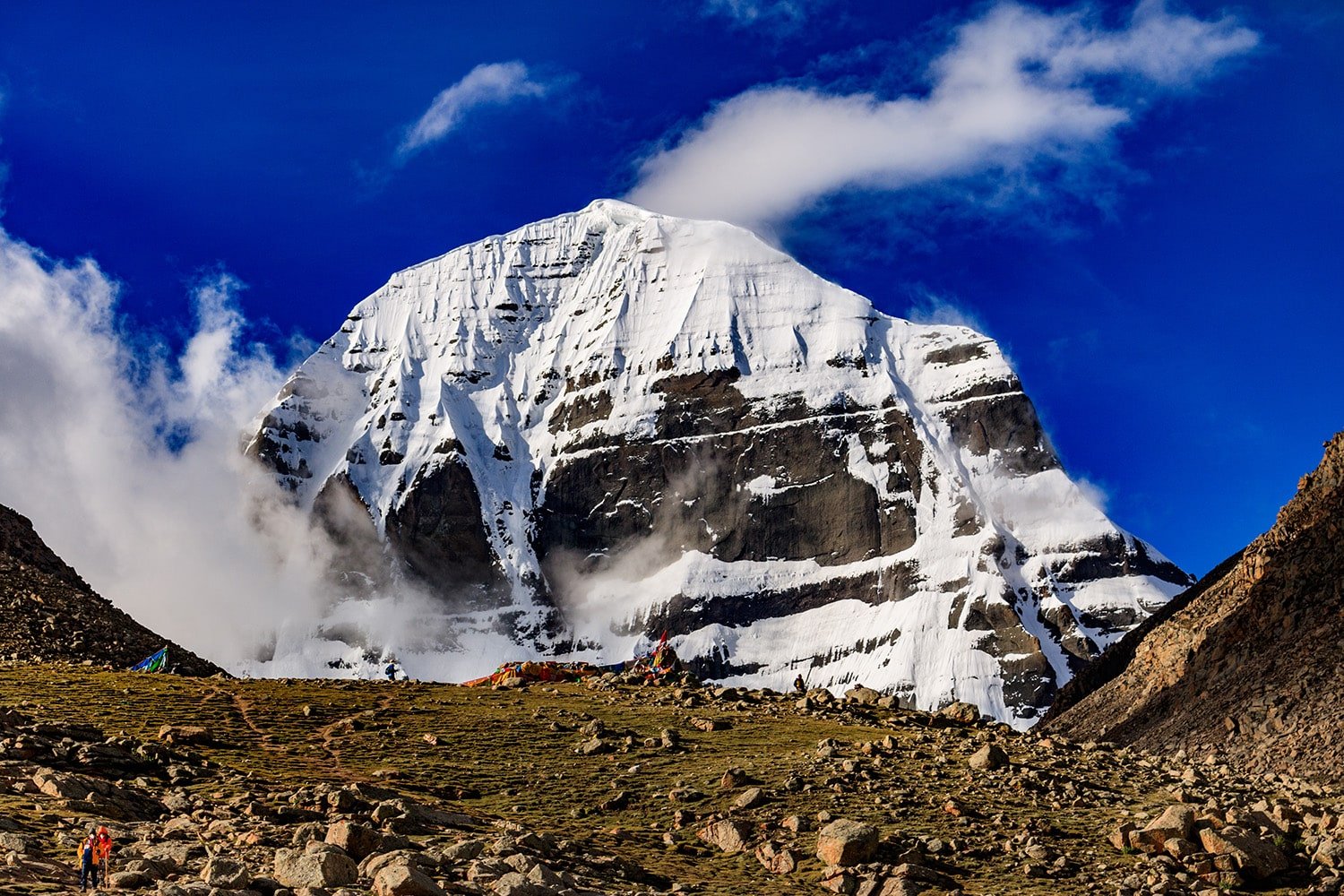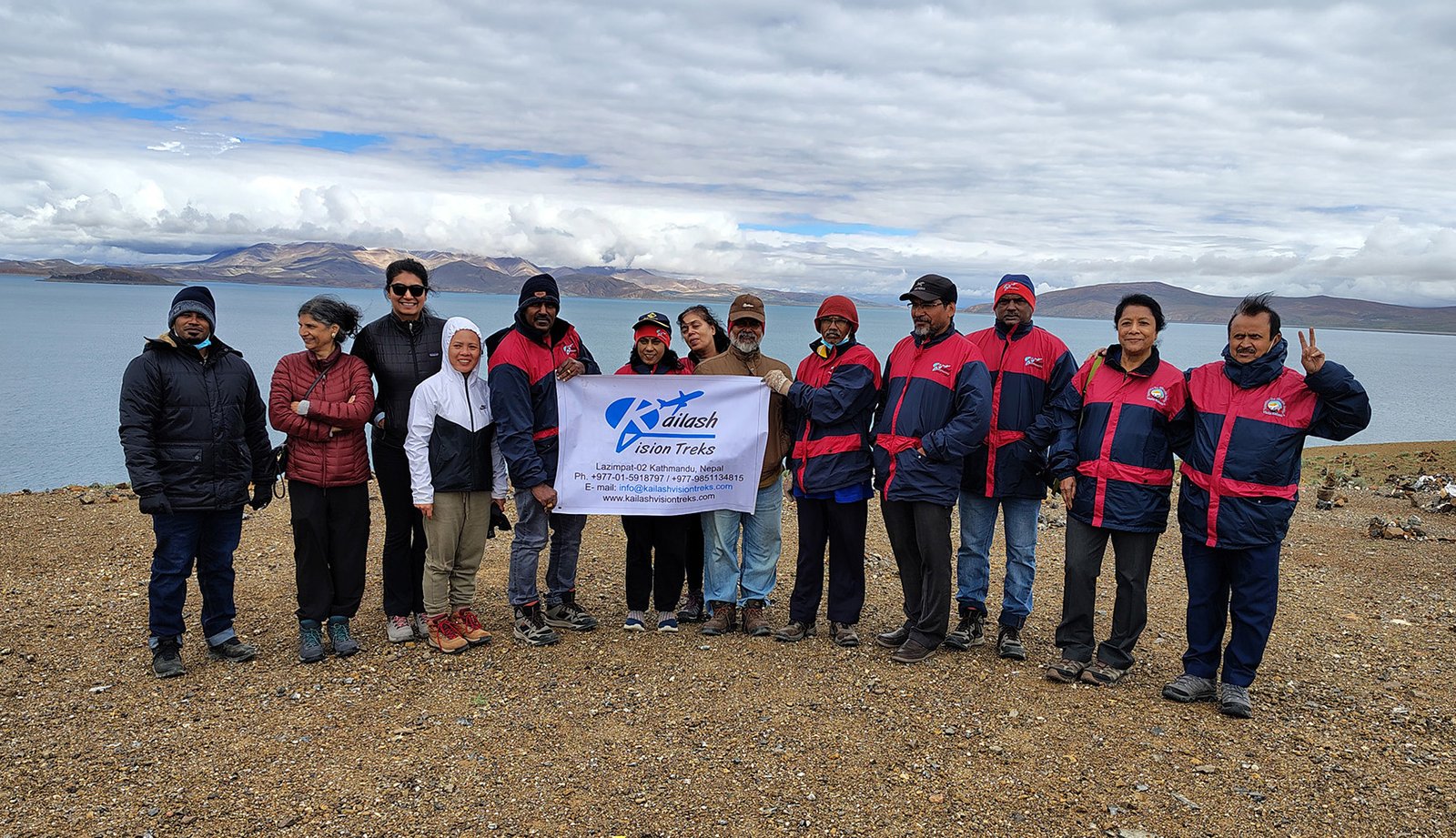About Swayambhunath Stupa
Swayambhunath Stupa, also called the Monkey Temple, is one of the most famous and sacred places in Nepal. It sits on a tall hill in Kathmandu, giving you amazing views of the entire city.
- Location: Kathmandu, Bagmati Province, Nepal
- Nearby Places: Patan and Bhaktapur
- Famous For: Its golden stupa, monkeys, and peaceful vibe
- Why It’s Special: It’s a holy place for both Buddhists and Hindus, and it’s part of a UNESCO World Heritage Site
This spot is known for its calm energy, beautiful views, and deep spiritual meaning. You’ll see people praying, spinning prayer wheels, lighting incense, and walking around the stupa in peace.
History and Cultural Significance
Swayambhunath has been around for over 2,000 years! Local legends say the whole Kathmandu Valley used to be a lake. One day, a lotus flower rose from the water and turned into this holy hill.
- A wise being named Manjushri is said to have drained the lake so people could live here.
- The first stupa was built by King Vṛsadeva in the 5th century.
- Both Buddhists and Hindus come here to pray and celebrate festivals like Buddha Jayanti and Losar.
Today, it’s a powerful symbol of peace and wisdom, visited by people from all around the world.
Top Attractions & Landmarks
Here are the must-see spots when you visit:
- Main Stupa – The big white dome with Buddha’s all-seeing eyes is the heart of the site.
- Harati Devi Temple – A small Hindu temple for the goddess who protects children.
- Twin Temples – Built by a king to protect the stupa from the east and west.
- Tibetan Monasteries – Colorful prayer flags and chanting monks make this area feel magical.
- Stairway of 365 Steps – Climb the famous staircase while monkeys play around you.
Each place has its own story and spiritual meaning. Don’t forget to spin the prayer wheels and make a wish!
Climate and Best Time to Visit
Kathmandu has mild weather most of the year. The best times to go are:
- Spring (March–May): Flowers bloom and the skies are clear.
- Autumn (Sept–Nov): Great views and fun festivals.
- Monsoon (June–Aug): Green and fresh, but it rains a lot.
- Winter (Dec–Feb): Chilly mornings, but clear afternoons.
What to Pack: Comfortable shoes, a water bottle, sunscreen, and a light jacket.
Local Cuisine & Signature Dishes
Near Swayambhunath, you can try delicious food in the Thamel area:
- Momos – Nepali dumplings filled with veggies or meat.
- Thukpa – A warm noodle soup that’s perfect on cool days.
- Sel Roti – A sweet rice bread made during festivals.
- Butter Tea – A salty Tibetan drink made with tea and yak butter.
These local dishes give you a taste of Nepal’s culture and history.
Getting There & Transportation
It’s easy to reach Swayambhunath from anywhere in Kathmandu:
- Airport: Tribhuvan International Airport is only about 9 km away.
- Taxi or Ride-Share: A quick 15–20 min drive from downtown Kathmandu.
- Public Buses or Microvans: Available from places like Ratna Park.
- Walking: If you’re staying in Thamel, you can walk there in under an hour.
Fun Facts & Local Insights
- Why “Monkey Temple”? – Friendly monkeys live all around the hill. They’re playful, but don’t feed them!
- Buddha’s Eyes: The big eyes painted on the stupa symbolize wisdom watching over the world.
- Prayer Wheels: Spin them to send your prayers into the universe.
- Secret Chamber: A hidden room is believed to hold a powerful monk who’s been meditating for centuries!

